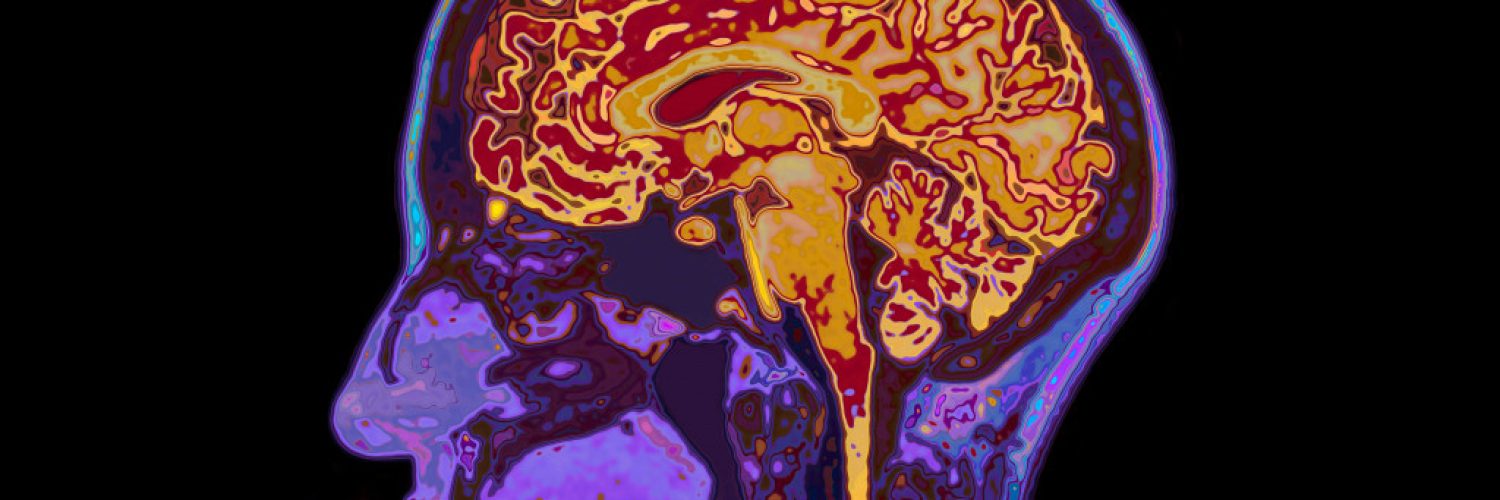• Dementia is a progressive neurological disorder that affects an estimated 5.8 million Americans, resulting in decreased mental functioning and changes in behavior or mood.
• Symptoms of dementia include cognitive and memory impairment, difficulty understanding conversations, language challenges, and personality changes.
• To manage dementia, getting a diagnosis, seeking support, reducing stress, staying active, and maintaining social connections are vital.
• Understanding how dementia affects your life can help you better manage its symptoms and receive the best care possible.
Dementia is a progressive brain disorder that affects an estimated 5.8 million Americans, according to the Alzheimer’s Association. It can cause difficulty in daily activities and significantly impact everyday life. Understanding how dementia affects your life is essential to managing the condition and ensuring you receive the best care.
What is Dementia?
Dementia is an umbrella term for a group of neurological disorders that affect one’s cognitive abilities. While there are various types of dementia, Alzheimer’s disease is the most common form.
Other types include vascular dementia, Lewy body dementia, frontotemporal dementia, and mixed dementia. In all forms of dementia, the brain’s nerve cells deteriorate over time, leading to decreased mental functioning in memory, language, problem-solving skills, and decision-making abilities. As the condition progresses, individuals may also experience changes in behavior or mood.

Cognitive and Memory Impairment
The most visible symptom of dementia is flawed thinking, learning, and memory. This can manifest in various ways, from forgetting recent events or conversations to having difficulty following directions or completing tasks.
The inability to remember familiar people or places is also a common symptom of dementia. You may find it helpful to keep a diary to look back at what happened during certain days or times to understand the progression of your symptoms better.
Language Difficulties
Dementia can also cause language difficulties, making it harder for you to communicate your thoughts and feelings effectively. For example, you may forget simple words or struggle with finding the right words for things—it’s like trying to explain something using only synonyms instead of its exact definition.
Additionally, some people with dementia experience difficulty understanding what someone else is saying—even if they’re speaking slowly and clearly. Writing down meaningful conversations and keeping an ongoing list of topics that are hard for you to discuss may help with communication issues associated with dementia.

Personality Changes
Personality changes are another common symptom associated with dementia. These changes can include heightened anxiety, irritability, apathy (lack of interest in previously enjoyed activities), suspiciousness, delusions (believing something untrue), and aggression toward others. If these behavior changes become overwhelming for either you or your family members/caregivers, there are many resources available such as support groups, therapy sessions, and medication management services, that may help manage these symptoms more effectively.
Tips to Deal With Dementia
Dealing with dementia is not easy. However, understanding how it affects your daily life can make adjusting easier by providing more clarity on how best to manage its symptoms as they progress. Keep track of any cognitive impairments you experience and any personality changes that occur so you can better grasp how different things are being handled now versus before being diagnosed with dementia. Additionally, consider these tips when it comes to dealing with dementia.
Get Diagnosed
The first step is to get diagnosed. You should get a full open MRI scan to understand the level of cognitive impairment. Additionally, it’s vital to get a doctor who specializes in dementia and understands all aspects of your condition.
Find Support
No one should have to face this alone. Instead, seek support from family members, friends, or organizations that offer emotional or practical help, such as support groups and counseling services.
Manage Stress and Stay Active
Stress can worsen the symptoms of dementia, so it’s vital to reduce any stress or anxiety in your life. Instead, set aside time for relaxation and daily self-care activities like reading or gentle exercise.
Physical activity can also improve cognition, mood, and overall well-being in individuals with dementia. Regular physical activity is especially beneficial in helping to maintain mental sharpness.
Stay Connected
Maintaining social connections is essential for people with dementia. It can be a great source of support and companionship, which can help reduce feelings of isolation. Consider staying connected with friends and family over the phone or via video chats if it’s impossible to meet in person.
Dealing with dementia can be difficult, but having a better understanding of how it affects your life can help make managing the condition easier. Following these tips and seeking professional advice from medical professionals or support groups may help you deal with dementia more effectively.

